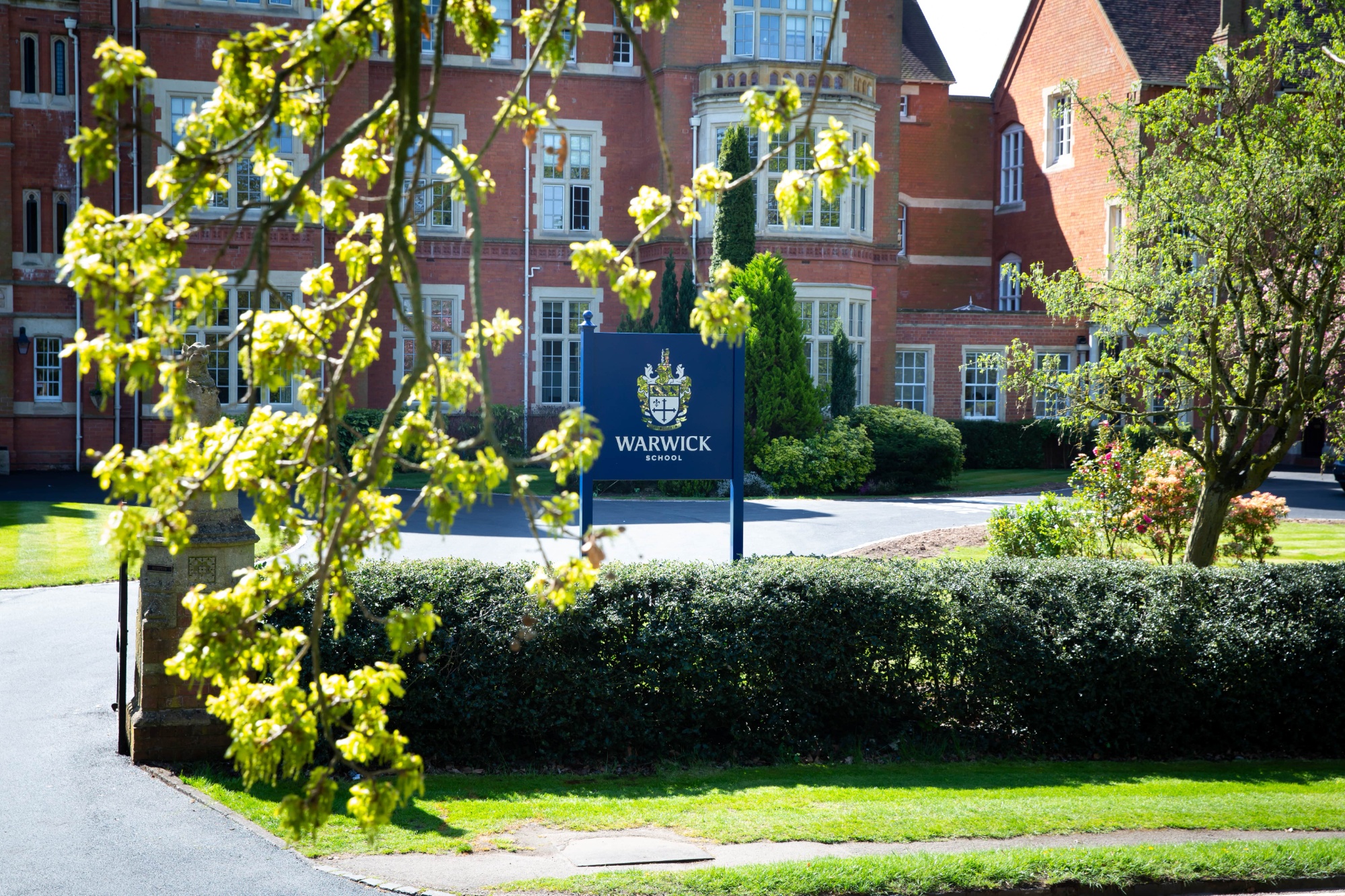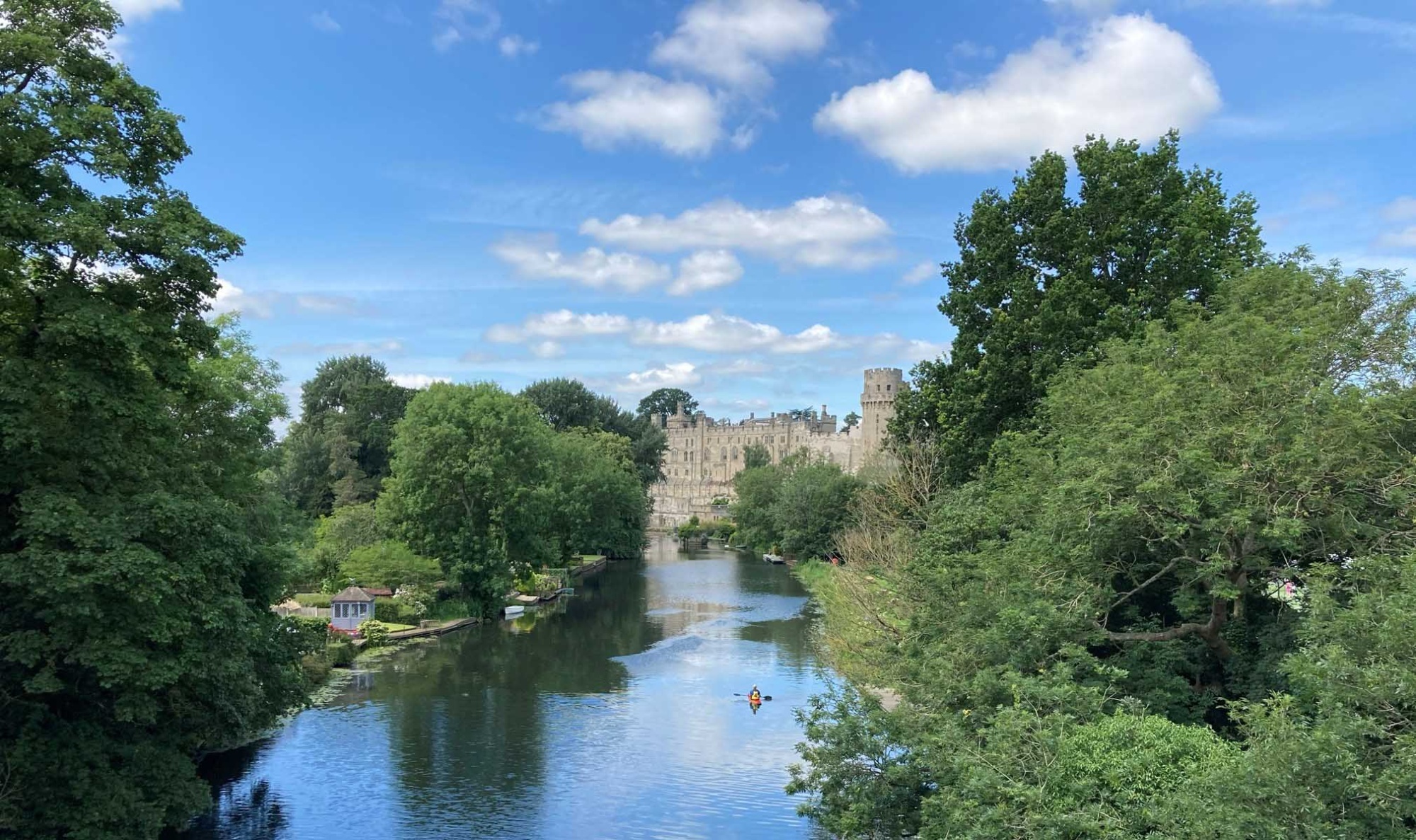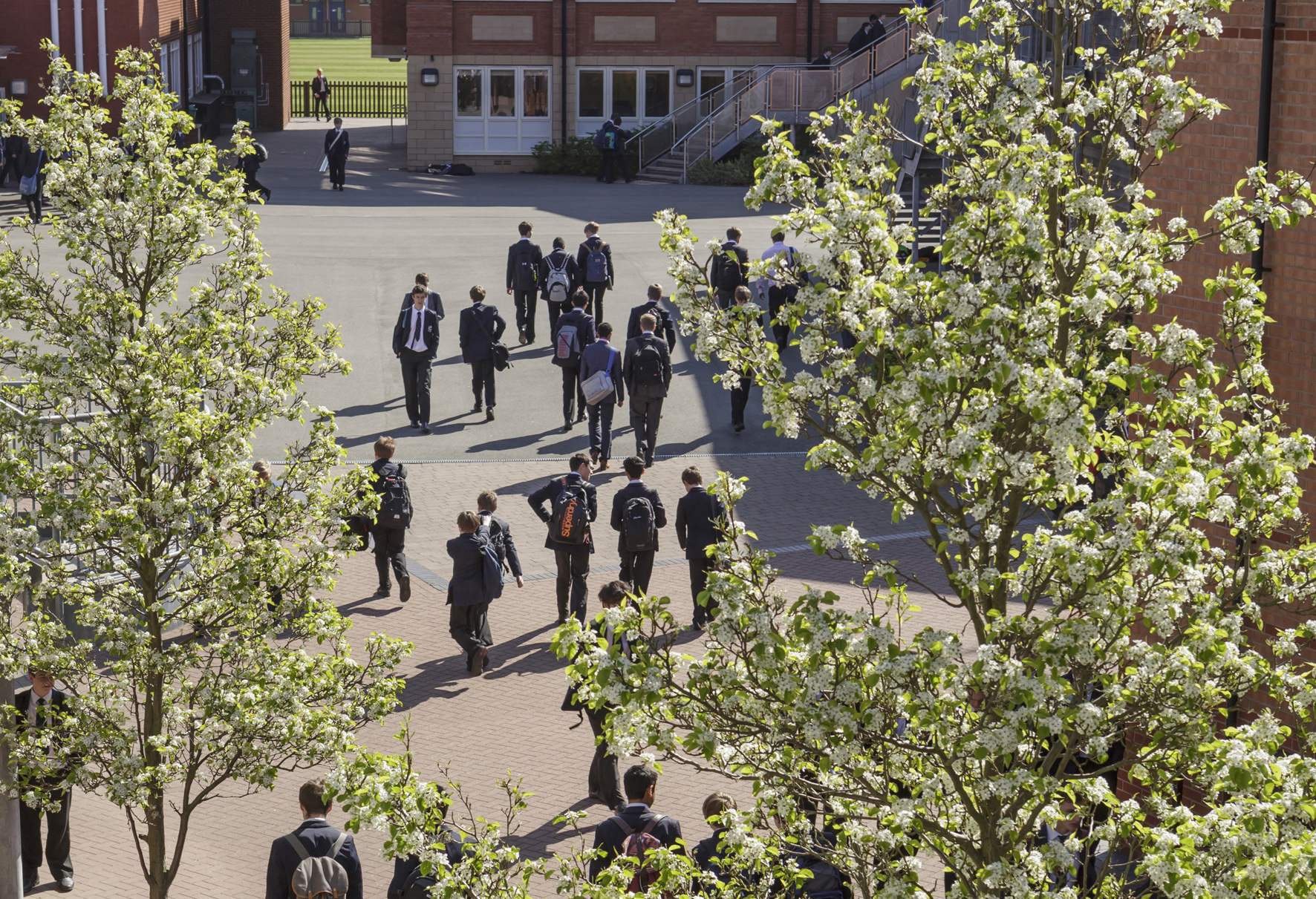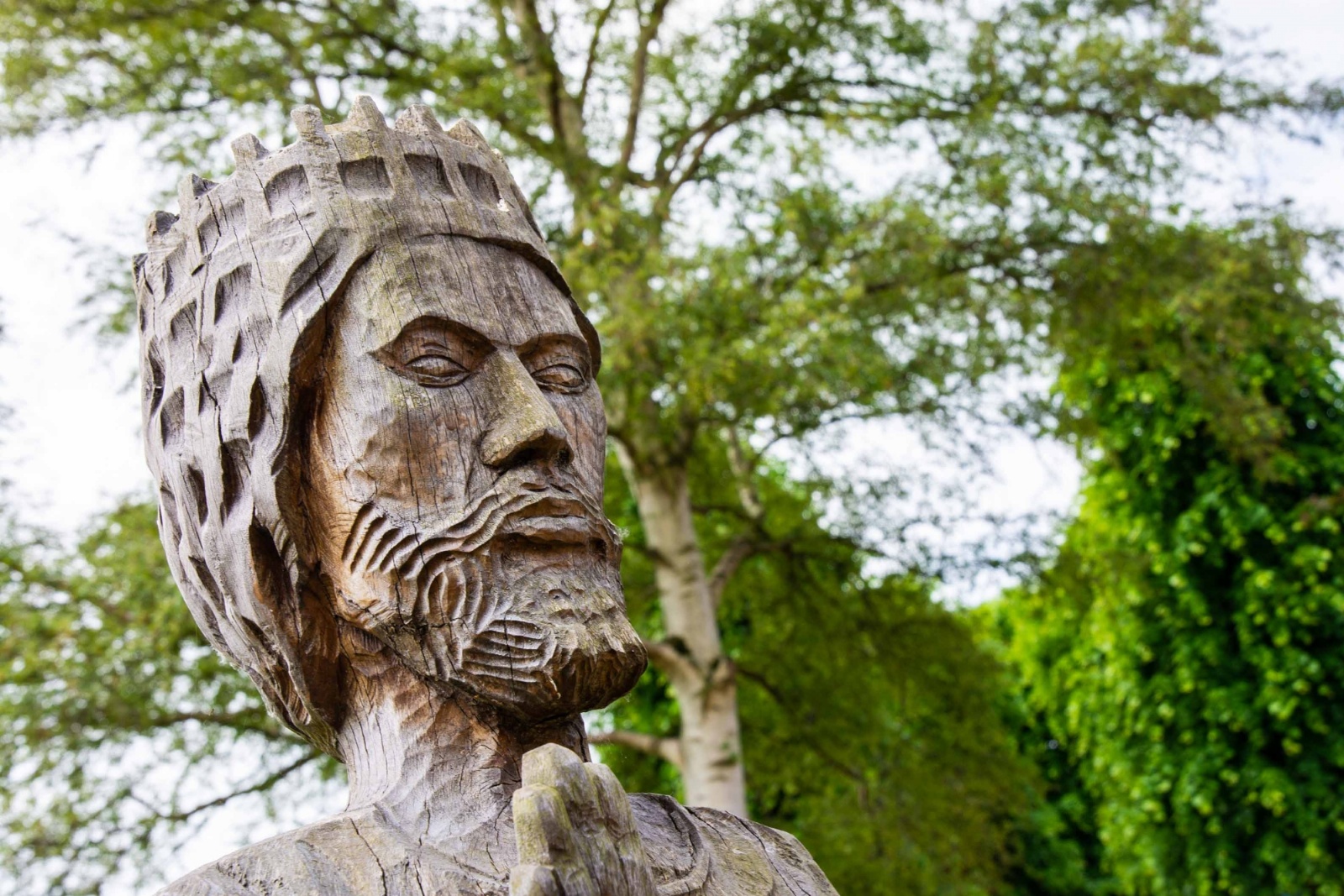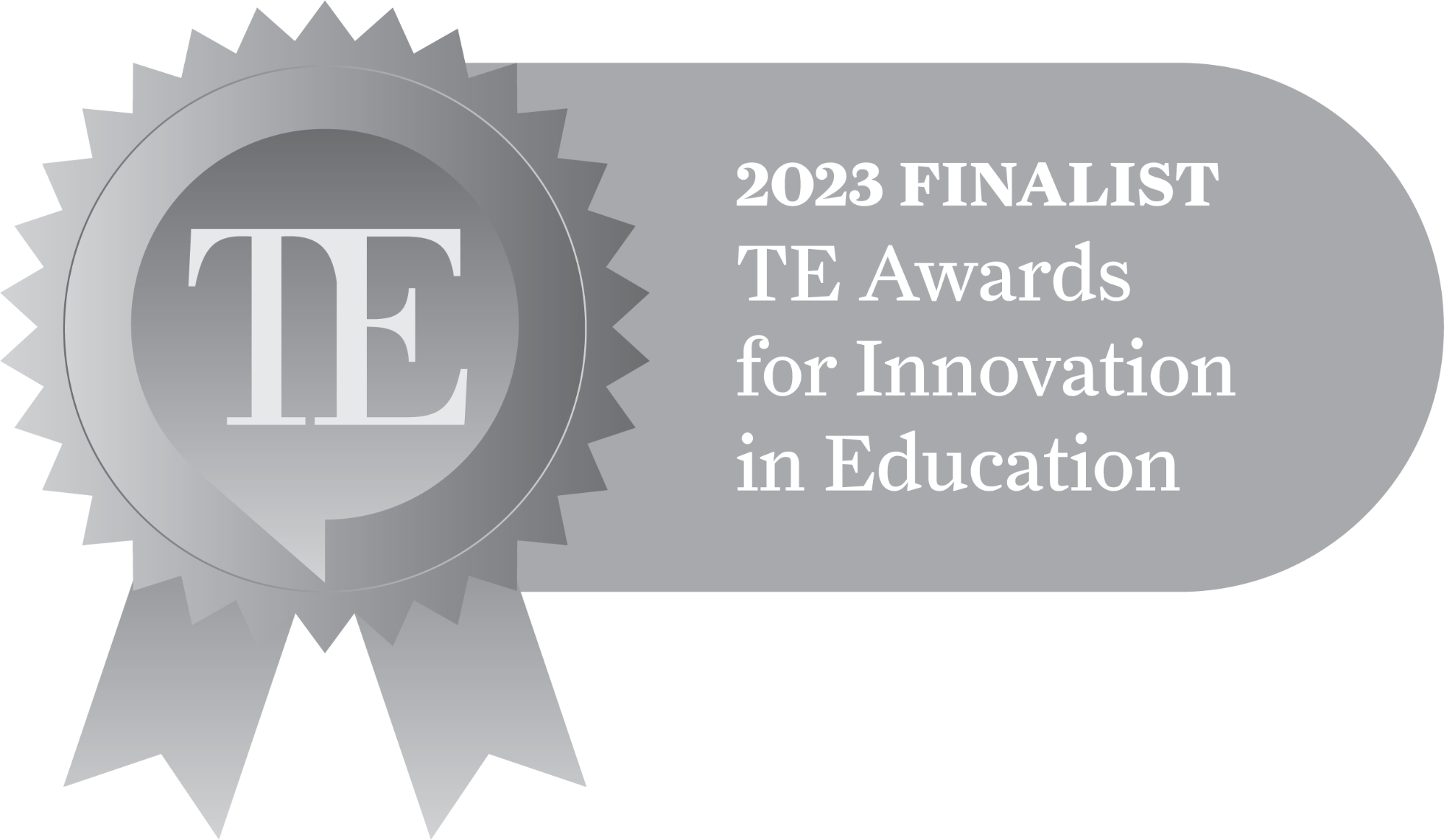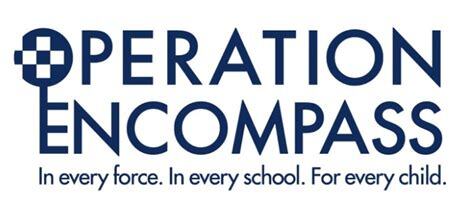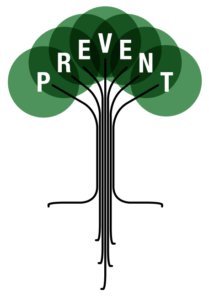David Blunkett; A story of possibility
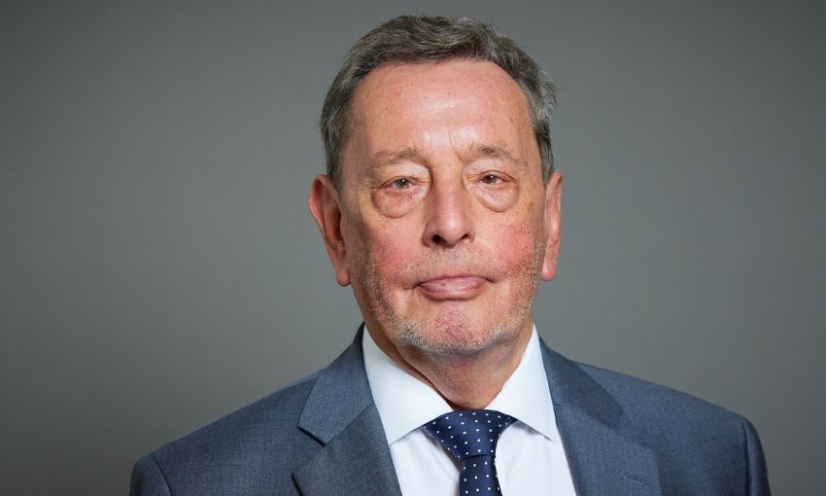
The past week has been Accessibility Week. The Warwick Voice Accessibility Committee has taken over section assemblies and form times.
Wednesday’s whole school assembly reflected on what accessibility really means – not just in theory but in practice. Because accessibility is not a question of sympathy but one of structure. It is about how we, as individuals and institutions, shape the world so that everyone can participate, thrive and contribute, allowing us all to benefit from the strength found in difference.
In that assembly, I shared the story of a man whose life reminds us that disability does not have to be an insurmountable barrier.
David Blunkett was born in 1947 in Sheffield, into a working-class family. His father was a gas worker, and after his death in an industrial accident, life became even more challenging for Blunkett. David was also born blind.
This was a time before accessible education, before assistive technologies, and with far less social support available. People with disabilities were often shut out of opportunities. In fact, his parents were advised to send him away to an institution. But they didn’t. And David refused to accept the limitations others placed on him. Instead, he taught us a lesson about perseverance.
‘Strength is not about muscles or power. It’s about determination and belief. I may not be able to see, but I can still lead.’
David Blunkett
Through hard work, he became the first blind student to attend the University of Sheffield, studying Politics. He later became a city councillor, an MP, a Cabinet Minister—serving as Secretary for Education and Employment, Secretary of Work and Pensions, and Home Secretary. In 2015, he was appointed to the House of Lords as a life peer.
All of this, without sight. Think of the challenges, reading complex documents, delivering speeches without visual prompts, navigating the brutal and unforgiving world of politics with a guide dog at his side.
When he entered parliament in 1987, the House of Commons had to adapt. This was not a workplace known for modernisation or flexibility. Yet the House of Commons and his own party recognised their responsibility to remove the barriers to his participation.
Accessibility arrangements that made a difference to Blunkett included:
- Parliamentary papers – briefings, bills and committee reports – were transcribed into braille or audio format, ensuring that Blunkett had access to the information every MP needed
- He was given early access to some documents, to account for the extra time required to absorb material in braille or audio
- He had the support of assistants, who read documents aloud or provided summaries when time was tight
- He had a guide dog by his side in the commons and the physical environment was adjusted to accommodate them
- In Cabinet meetings, his colleagues learned to announce themselves clearly before speaking, and minutes were provided in formats he could access
These practical adjustments allowed a talented man to do his job. His career wasn’t without controversy – what political career is. But his impact is undeniable. He led reforms in education, policing and national security. He navigated crises. He addressed the nation.
Not despite his blindness, but with it. He didn’t ask for pity. He asked for possibility. Accessibility unlocks potential.
Accessibility is a mind-set. It is understanding that ability is not defined by conformity. On Wednesday, I asked the school to be mindful that some of their peers may learn differently, move differently, or communicate differently. Some of them might quietly face obstacles – whether visible or not – that make school, friendships, or daily life harder. I asked them to remember their responsibility to make the world a better place by being aware of potential barriers and helping to break them down. To look out for those who face these challenges and help to build an environment where everyone can thrive. Most importantly, I asked them to look for what people can do rather than what they can’t and to never underestimate someone because of a disability.
‘It’s not my blindness that holds me back – it’s when people refuse to see what I’m capable of.’
David Blunkett

